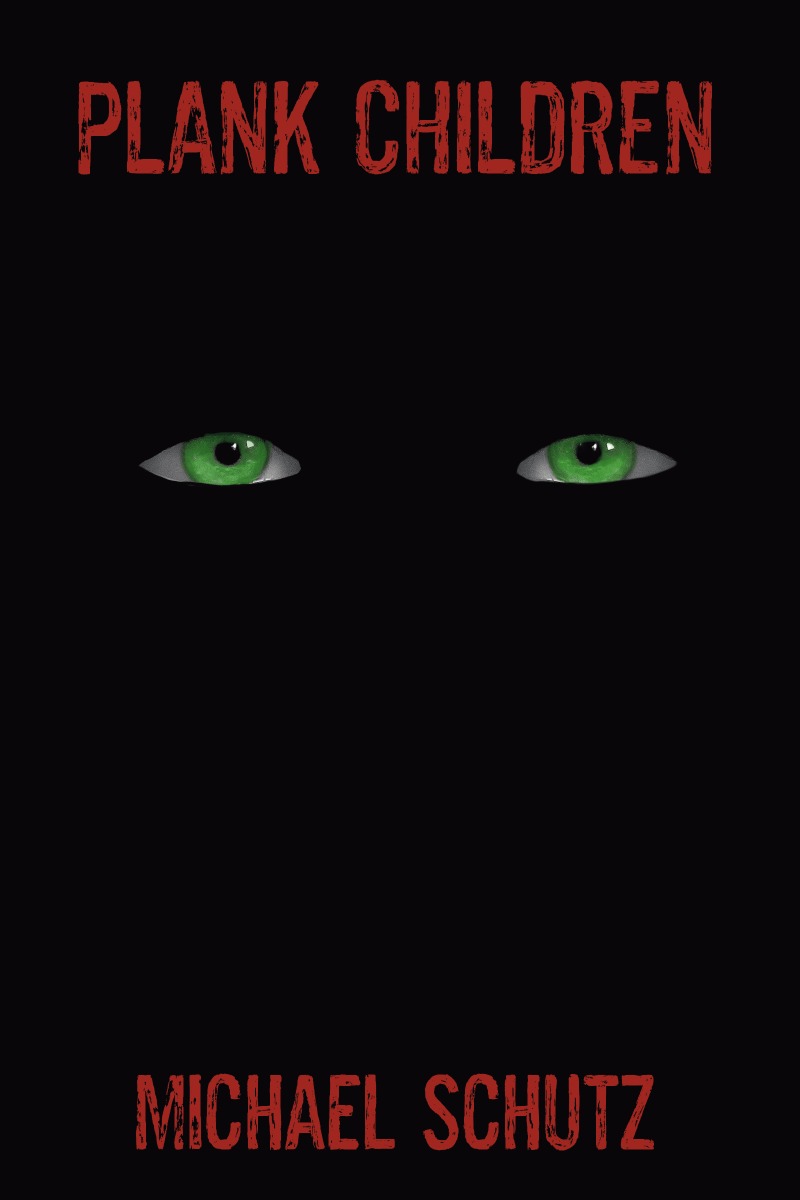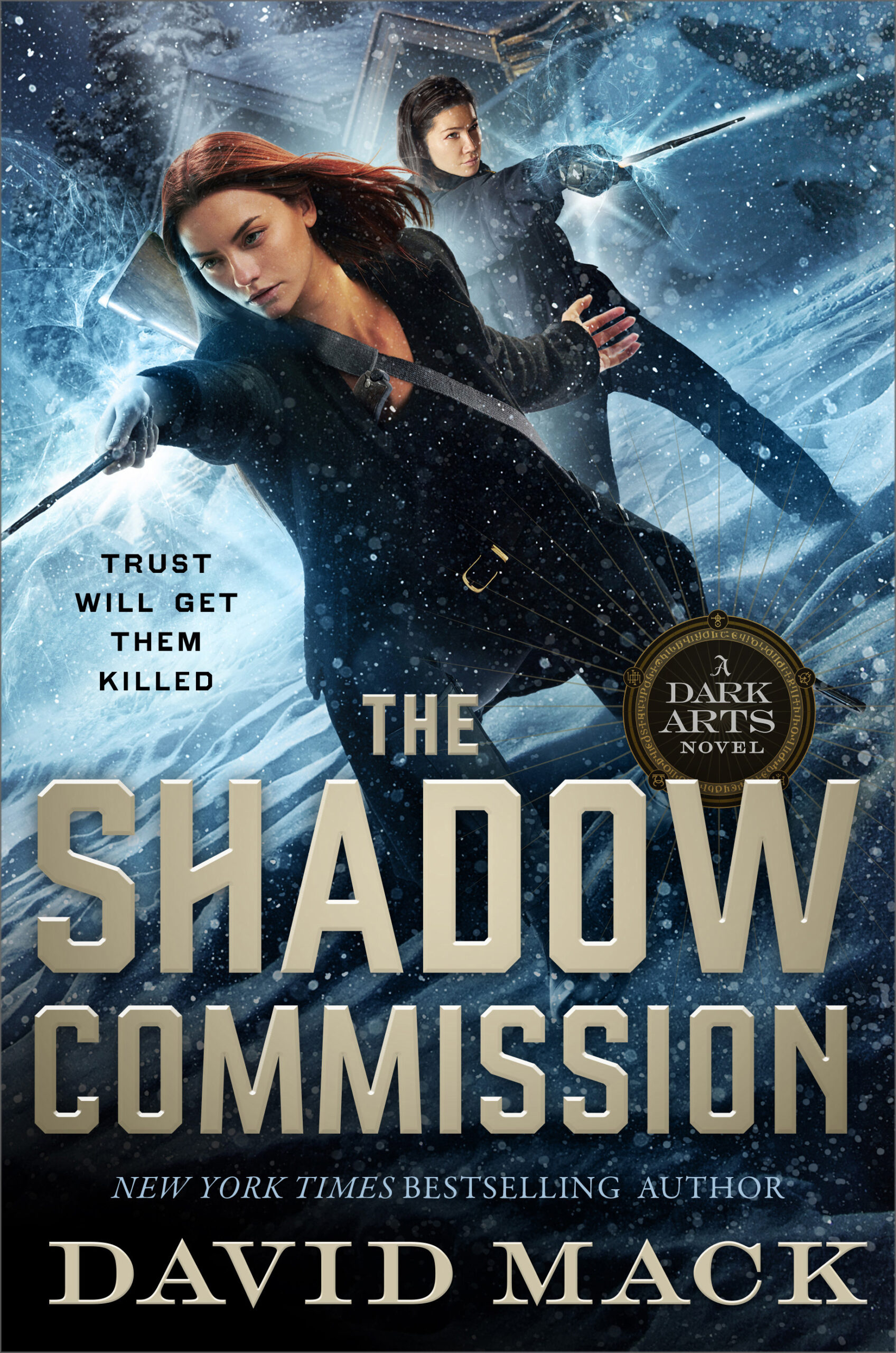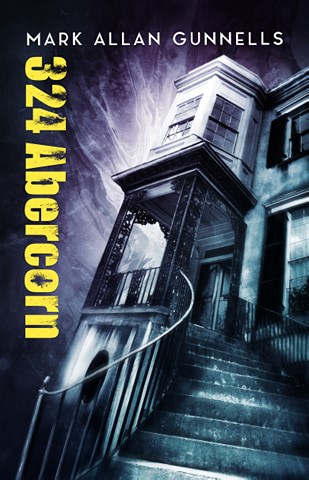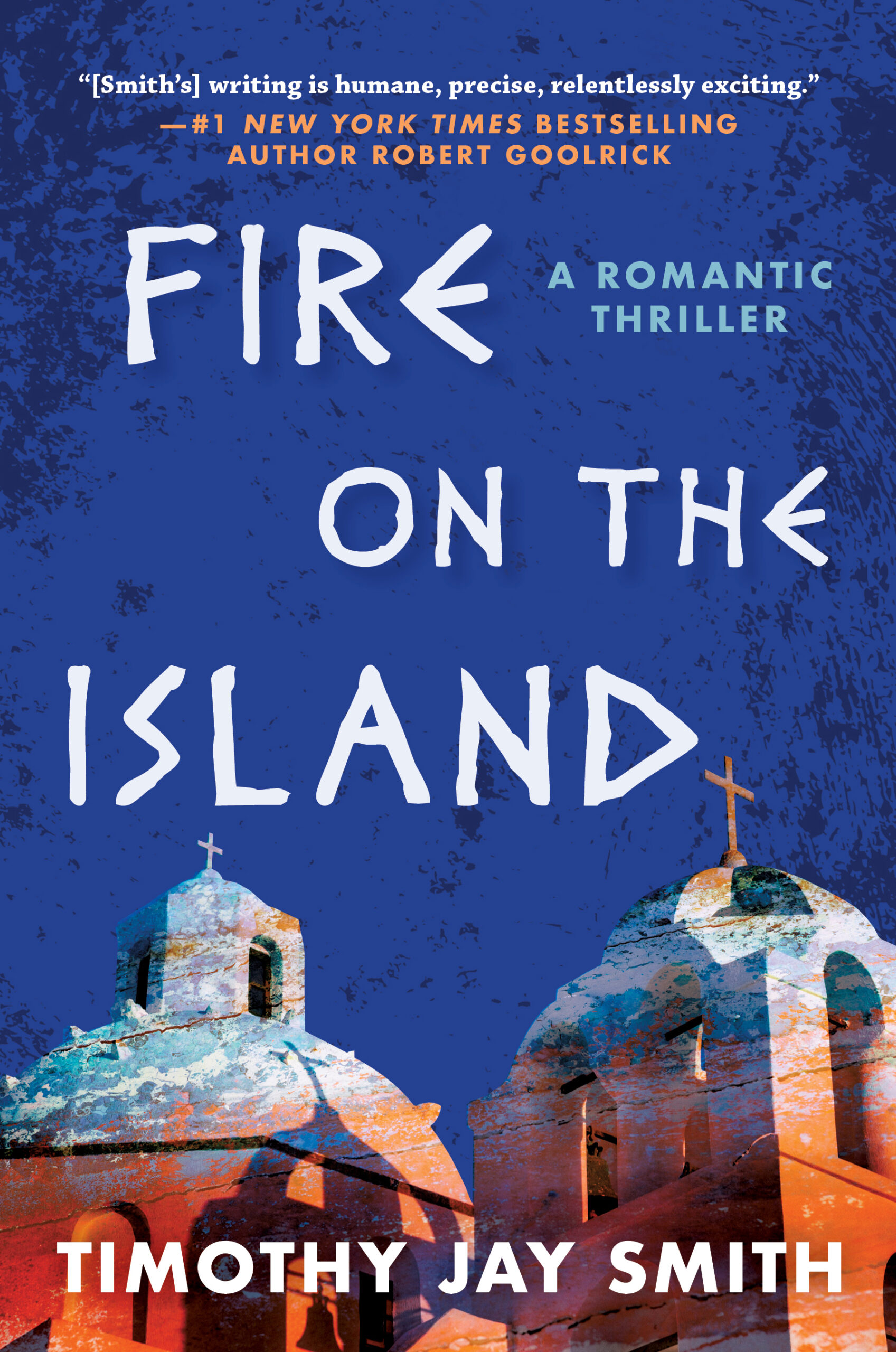This week on The Scariest Part, my guest is Michael Schutz, whose latest novel is Plank Children. Here is the publisher’s description:
Miles Baumgartner lost his boyfriend. His house. His job. Worst of all, he lost his nephew when Ian — his almost-son — died, mangled in a car crash nine months ago.
So how is there a recent photo of Ian on Facebook?
Miles follows a trail of rumors and half-truths to a long-abandoned orphanage in the Wisconsin Northwoods. But St. Hamelin’s is not as empty as he expected. Secrets haunt the shadowed halls. Horrors slink within darkened rooms. Snowbound, Miles hunts for the truth of what really happened to Ian and the children of that unholy place.
They say that time heals all wounds, but time is running out for Miles. His personal demons have awakened. The terrors tighten their grip. To have any chance of starting his life over, he must escape before malignant forces curse him to walk eternally with the evils inhabiting St. Hamelin’s.
And now, let’s hear what the scariest part was for Michael Schutz:
The scariest part of writing Plank Children was carving out painful truths in my own life. In a weird way, this horror story of a rage-addicted English teacher snowbound in a haunted boys’ reformatory is my most autobiographical. The narrative centers on horrors committed by the young inhabitants of St. Hamelin’s, and these scenes are tense and vivid, but as a horror writer, it’s gruesome fun to explore these dark depths of imagination and really make the pages bleed. No, the real fear for me in this novel was examining my personal demons.
My husband had encouraged me to write Plank Children as my second novel, but the idea for Edging demanded it be written first. By the time I sat down to create Plank Children, my marriage had fallen apart. He and I separated, leaving an unimaginable vacuum in my life. The signs had been there, and Edging reflects my attempt to untangle — or at least record — the struggles of marriage, but now it was over. Instead of wallowing and staring into the void, I jumped into it and created from that heartache the dramatic skeleton over which Miles’s character development is laid. My protagonist Miles has recently broken up with his long-term boyfriend Jeremy, and I fueled their breakup with the very real and present pain I had gone through months before.
The end of love was a dying star. That’s what he’d told Jeremy three months ago, on the day all the truths came out. Miles hadn’t been happy that last year-and-a-half either and sure, he’d swiped through some profiles on dating apps. But it turned out that even though the passion had fizzled, the love lived on. The love between him and Jeremy had collapsed in on itself, shrinking in size, but though smaller, it had the same mass. Same scorching heat. Just compressed.
“A tight hot ball, right here.” Miles had struck his sternum with his fist. Jeremy watched from the archway to the dining room, that bored look on his face. The ceiling fan whump- whump- whumped, an intrusive third heartbeat in the room. “If you leave me, all that compressed love is… is going to explode. A supernova of misery and pain and loneliness.”
Jeremy had grimaced. “Is that the kind of crap you teach in fifth period poetry?” Then he called Miles a drama queen and left for the gym. Jeremy had made up his mind; he had made it up that first day with the ducks.
When I gave that scene to my husband to read, he started crying. “This is us.” Yeah, I had used that metaphor with him one terrible day — in a more rambling version — choking on my own tears. Even while feeling gutted, the writer part of me — like some prehistoric lizard brain reflex — recorded it to use in some future story. Made me feel a bit of a monster that I couldn’t even be sad without taking mental notes. The thing is, for me creating fiction from dreadful moments is not merely cathartic, but dragging out emotion agony becomes an exorcism. Once on the page, I can usually tame it. Or at least deal with it from a remove.
Jeremy was not just a stand-in for my husband, though. Sometimes Jeremy is me: I drank too much; I said and did terrible things. Writing this book brought to the surface. I had to confront those awful truths about myself, and I infused my own faults into Plank Children’s dramatic arc. Miles is a flawed man, burdened by the weight of his own sins, many of which I carry myself. I am not blameless, so neither is my protagonist.
Jeremy is also constructed from bits and pieces of many ex-boyfriends. My first live-in boyfriend is the one who had affairs, including a side-piece from whom I conjured the ducks references. Jeremy is also my abusive ex from whom I finally escaped before finding my husband.
The scariest scene I have ever written is the drunken fight between Miles and Jeremy.
[Miles] said the first thing that popped into his brain.
“I hate you.”
Not because he did, but because spite tasted sweet on his tongue.
“What did you say?” Jeremy got all up in his face.
Miles swung a drunken punch.
Not much force behind it. Bad aim. Or good, depending how one thought about it. His fist slapped against Jeremy’s neck with an ineffectual but meaty smack.
Jeremy stumbled backward from shock. Or theatrics. Remorse pummeled Miles, and excuses flooded to mind: he hadn’t meant it; he’d pulled his punch; he’d thought Jeremy was attacking him. But instead of crying out an apology, his rage dragon took advantage of his bourbon-soaked brain and roared, “I hate you!” once again.
Jeremy regained balance but kept walking backward until the backs of his legs hit that ugly sectional. He plopped down, perplexed and resentful. Playing the aggrieved party, as if Jeremy didn’t have dozens of twinks as his clan members on all those iPhone games he endlessly played. Supposedly played. Because why did collecting wood and gold and merits and other stupid shit require excited bursts of typing?
“I hate you. I hate you!” Miles spun helplessly back in time, stuck on the Ferris wheel, reliving the ignominy over and over. A sober sliver of himself stood apart, repelled by his outburst. Horrified by his screams. “Why don’t you leave? Just leave! Get out! I hate you.”
There is plenty of fictional mortar holding together the chunks of truth throughout this novel, but yes, I have been in relationships reeking of domestic violence. In real life — twenty years ago — my partner threw the punch that sent Jeremy reeling. But back in the darkest depths of my alcoholism, there were times that I fought back and gave as much as I got. It’s a shameful truth. A part of my life I no longer recognize and wish I could forget.
Writing this guest blog is scary, too. In my books I can hide behind the comfortable curtain of fiction. I can put my fears and desires and terrors on the page and claim it’s all part of the story! Using truth in stories it is scary enough, but owning it is absolutely terrifying.
Plank Children: Amazon / Barnes & Noble / Powell’s / Bookshop / Three Furies Press
Michael Schutz: Website / Facebook / Twitter / Instagram
Michael Schutz was born and raised in the frozen tundra of Wisconsin, where the macabre tales of Ray Bradbury and Stephen King kept him warm at night. He’s seen way too many horror movies to be healthy. He is the author of the novels Plank Children, Edging, and Blood Vengeance. His short fiction has been featured in Crossroads in the Dark II, III, and IV, Ravenwood Quarterly, Dark Moon Digest, and Sanitarium. He lives with his naughty cat-children in northern California.






